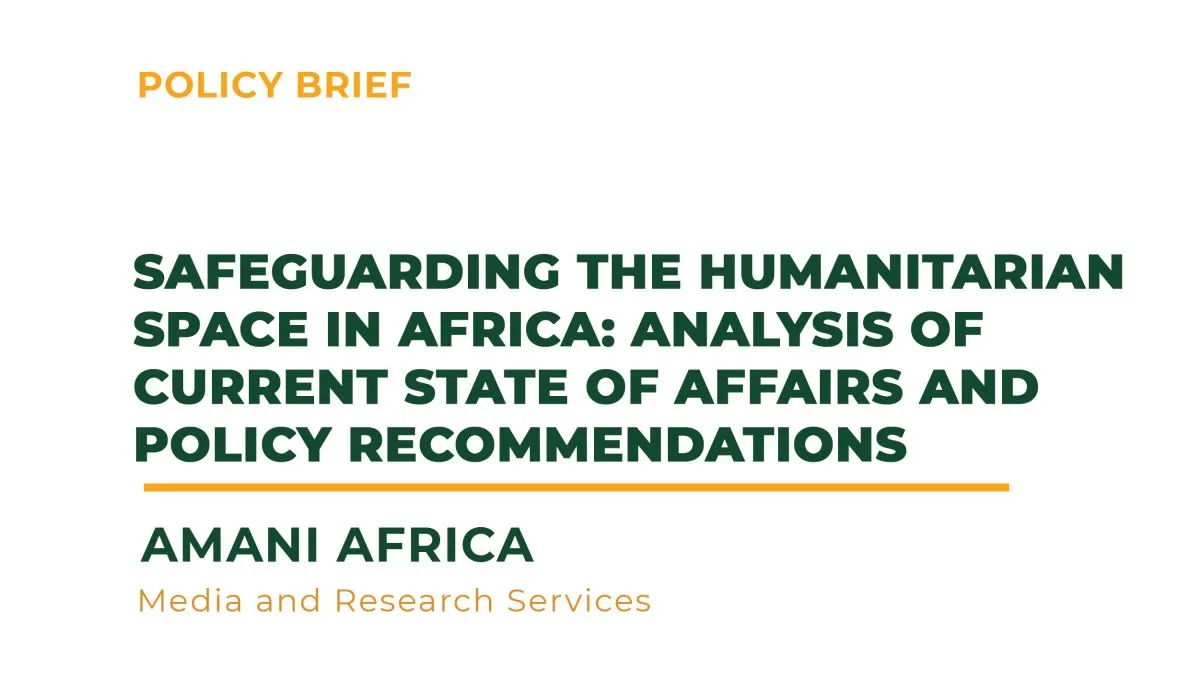Across Africa, a humanitarian crisis unfolds. Spiraling conflicts, a changing climate, and restrictive government policies cast a long shadow on millions in need. A joint policy brief, a product of Amani Africa in collaboration the ICRC, illuminates this stark reality, showcasing how the very space for delivering vital aid shrinks with each passing day.
The need for action is immense. Food insecurity and displacement figures climb at an alarming rate, driven by conflicts that uproot lives and leave swaths of populations desperately vulnerable. Yet, reaching these desperate souls becomes increasingly difficult. Bureaucratic hurdles, security concerns, and restrictions on Humanitarian organizations weave a complex web that traps aid, leaving those it is meant to serve stranded.
The brief outlines a path forward, a roadmap for reclaiming this shrinking space. It calls for African states to act as guardians, upholding the principles of neutrality and impartiality while ensuring safe and unimpeded access for aid workers. The African Union, meanwhile, must take up the mantle of coordinator, developing continental guidelines and fostering collaboration among member states. Finally, the international community holds the key to increased funding, a unwavering commitment to international humanitarian law, and holding violators accountable.
Collaboration is the cornerstone of this strategy. Amani Africa and the ICRC, in their joint effort, exemplify the power of partnership, uniting research with operational expertise. By embracing this spirit and translating proposed actions into reality, we can ensure that the lifeline of humanitarian aid reaches those who depend on it most, pushing back against the forces that seek to sever it.
Ultimately, safeguarding the humanitarian space in Africa is not just about upholding principles or implementing policies. It is about the human cost of inaction, about ensuring that millions who face desperate circumstances do not remain lost in the shadows. Through collective action, guided by the light of collaboration and commitment, we can create a world where aid reaches those who need it most, a world where humanity prevails.
For more reading the policy brief

